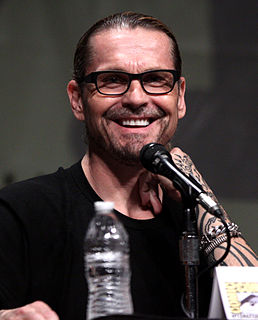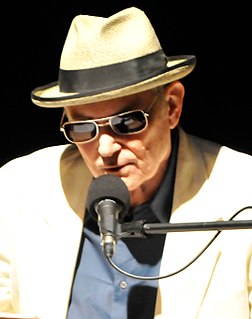A Quote by Carol Berg
I like to write stories that read like historical fiction about great, world-changing events through the lens of a flawed protagonist.
Related Quotes
I write what I like to read, and I enjoy love triangles in YA and adult fiction - not to mention in other media like TV, opera, theatre, and even in video games! I relish when dark and compelling characters compete for our protagonist's heart. The doubts, the uncertainty - the jealousy! - can be breathtaking.
Turkey is a complex country. Most readers are women, of all generations, and they are passionate about books. However, the written culture is mostly patriarchal. In general, men write; women read. I would like to see this pattern changing. More women should write novels, poems, plays, and hopefully, more men will read fiction.
This act of empathy, that women go through from the time we're little girls - we read all of literature, all of history, it's really about boys, most of it. But I can feel more like Peter Pan than Tinker Bell, or like Wendy. I wanted to be Tom Sawyer, not Becky. And we're so used to that act of empathizing with the protagonist of a male-driven plot. I mean, that's what we've done all our lives. You read history, you read great literature, Shakespeare, it's all fellas, you know?
I really am just trying to tell stories. But stories are often grounded in larger events and themes. They don't have to be - there's a big literature of trailer-park, kitchen-table fiction that's just about goings-on in the lives of ordinary people - but my own tastes run toward stories that in addition to being good stories are set against a backdrop that is interesting to read and learn about.
When I went to the University of Iowa in order to be a writer, I thought, This is the worst way to learn how to write. To sit in a room with a bunch of would-be writers, who want to write the Great American Novel, every one of them, and you read their stories and they read yours, and you're not living a life. I don't like that. I like learning on the job. The character of my work has definitely evolved from the character of my life.
I often tell people who want to write historical fiction: don't read all that much about the period you're writing about; read things from the period that you're writing about. There's a tendency to stoke up on a lot of biography and a lot of history, and not to actually get back to the original sources.






































